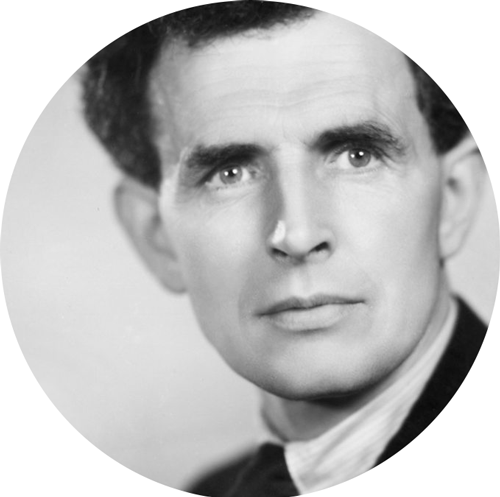
Who is going to benefit by the carnage, save the rats which feed now as they have never fed before? What has brought about this turmoil, this tragedy that cuts the heart of friend and foe alike? Why have millions of men come here from all corners of Europe to hack and slay one another.
In 1915 Patrick MacGill, the 'navvy poet' whose autobiographical novel about his life as a potato harvester and roadwork in Scotland, Children of The Dead end, had been a publishing sensation the year before, enlisted as a private in the London Irish Rifles. He was sent to the front line in France, where, between raids, and in the ghastly conditions of the muddy trenches, he wrote The Great Push, a description of his experiences during the Battle of Loos in September 1915. Towards the end of the offensive he was wouunded in the hand and wrote the last two chapters of the book from a hospital bed in Loos.
A classic of war literature, The Great Push is a passionate and compelling book which describes the fear, resilience, humour and fatalism of those who fought at the raw edge of one of the most terrifying wars ever to have been waged.
Patrick MacGill was born in Glenties, County Donegal, Ireland in 1889. He was a journalist, novelist & poet, known as ‘The Navvy Poet.
During WW1 he served with the London Irish Rifles, and was wounded at the Battle of Loos in 1915.
He moved to Florida, where he passed away on 22 November 1963.
His works include: Children of the Dead End, The Rat-Pit, The Amateur Army, The Red Horizon, The Great Push, The Brown Brethren, The Dough-Boys, The Diggers: The Australians in France, foreword by W. M. Hughes, Australian PM, Glenmornan, Maureen, Fear!, Lanty Hanlon: A Comedy of Irish Life, Moleskin Joe , The Carpenter of Orra, Sid Puddiefoot, Una Cassidy, Tulliver’s Mill, The Glen of Carr, The House at the World's End, Helen Spenser
Other Categories










